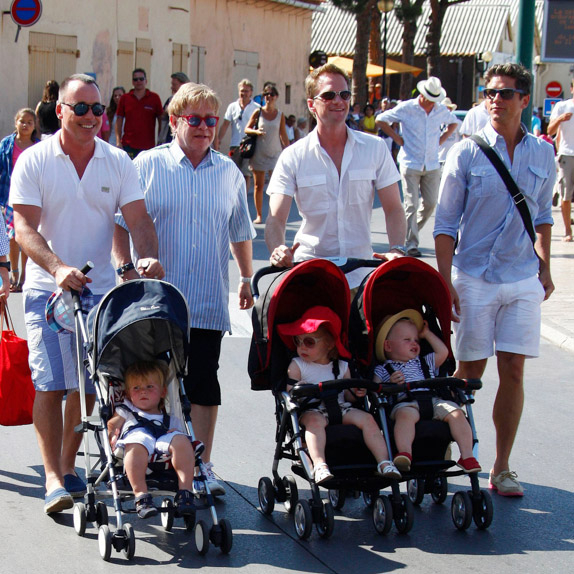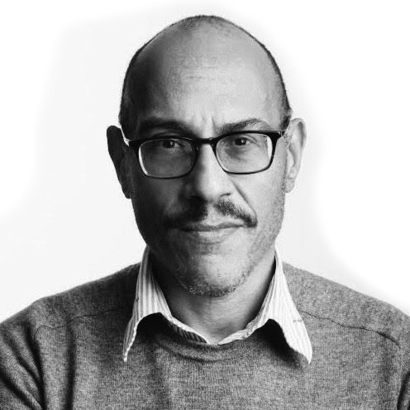Somewhere, somehow—as the entire planet lay in a coronavirus-induced quarantine—Anderson Cooper welcomed a baby son, Wyatt Morgan, into the world. Born via surrogate, the boy’s first name honors Cooper’s beloved father, Wyatt, while “Morgan” salutes a branch of the fabled family of his mother, Gloria Vanderbilt.
Making his public debut via Instagram (how else?), Wyatt joins a growing brood of children born through surrogacy to prominent gay men across the globe—from Ricky Martin and Ryan Murphy to Elton John, Tom Ford, and Cooper’s bubbly B.F.F., Andy Cohen. Conceived at the intersection of hope, love, money, and technology, these kids represent, perhaps, the ultimate symbol of L.G.B.T.Q. equality: parenthood for men who—despite their wealth and privilege—never imagined they would become fathers.


